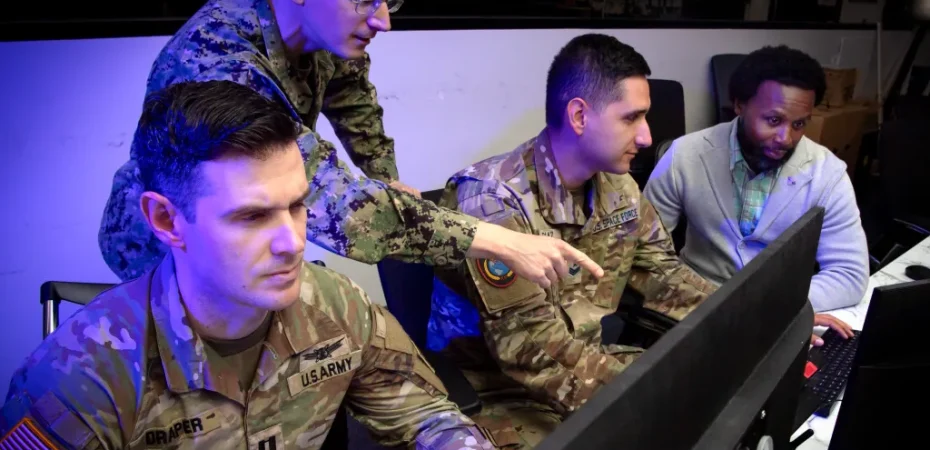This summer the Space Rapid Capabilities Office (RCO) selected 20 companies for an Indefinite-Delivery/Indefinite-Quantity multi-year, $1 billion contract for the development of tomorrow’s ground-systems software. The program, Rapid Resilient Command and Control or R2C2, focuses on incorporating commercial cloud infrastructure and tools to allow for military space assets to maneuver and redeploy in response to threats. The program seeks to build on previous efforts such as Enterprise Ground Services and Control and Communications, programs that aimed for unified command and control but faced pitfalls when tasked with integrating with the broader military space community.
One of the key aspects of the R2C2 program is that the product deliveries will be rolled out in “bite-sized” pieces. RCO officials believe this will not only make integration easier but also allow for rapid development cycles and updates. A total of 20 companies shared in the $1 billion contract award and the RCO structured the contract as a small-business set-aside, or specifically reserved for small businesses. While the RCO believes this will create a level playing field, the structure of the contract has the potential to lead to challenging cybersecurity problems.
Getting the Smaller Guys into The Game:
Cooperation among all 20 of the companies will be challenging, especially as it pertains to the notion of cybersecurity, whose individual company processes and capabilities are often times hidden behind the formidable wall of company-specific/commercially-competitive proprietary information. Compounding this problem is the fact that all of these companies are relatively small, whose future will rely heavily on using the R2C2 program as a means of getting their foot in the door when it comes to big DoD contracts. Every defense contractor knows that key technologies and capabilities developed for one program today can be leveraged and used to secure the next contract tomorrow.
And therein lies the problem. Small companies getting a taste of big DoD money will have the commercial responsibility to remain competitive in future awards. This fundamental law of capitalism will clash with the C2R2 program needs of sharing critical cybersecurity information and capabilities amongst twenty of its competitors; competitors who are in the same boat when it comes to capitalizing on the C2R2 program for future business.
Cybersecurity; Cooperation or Competition?
Thankfully, long gone are the days when cybersecurity was a second thought when it comes to the US military’s space assets. There is no doubt that key cybersecurity requirements will be passed down from RCO officials to each of the subcontractors. Typically, the tools and technologies each company employs to meet those same requirements are kept close to the chest so long as RCO officials are satisfied that all requirements are met. The downside of having 20 contractor on a single program, however, will be that money is spent solving the same problems with up to 20 unique solutions (potentially with varying levels of success). It is for this reason that it is imperative that the RCO create an environment where cooperation of key cybersecurity information is shared freely amongst each of the smaller companies. How and to what level this will be achieved, remains to be seen.
Source: Space Force Agency Taps 20 Companies for $1 Billion Ground Systems IDIQ
